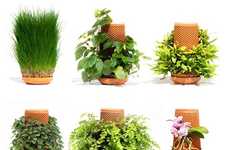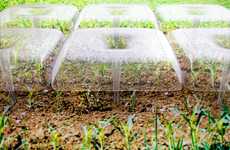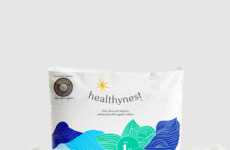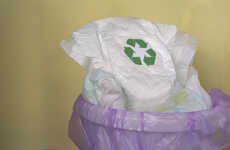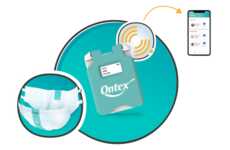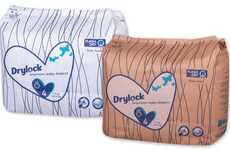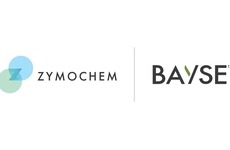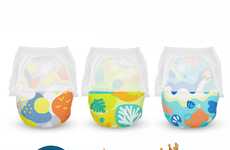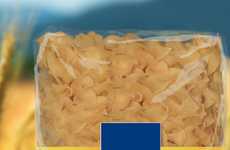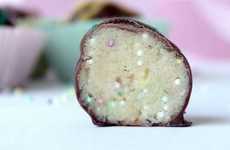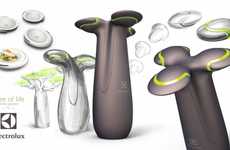
TerraCottem Soil-Conditioning Hydrogels Reduce Water Needs
Katie Cordrey — July 12, 2010 — Eco
References: terracottem & popsci
TerraCottem soil conditioning uses the power of disposable diapers to increase crop yields in Willem van Cotthem’s gardening invention. Disposable diapers use powerful absorbent polymers that suck up hundreds of times their weight in water. The absorbent polymers are called hydrogels.
Hydrogels have only recently become non-toxic and suitable for use in growing food for human consumption. They are the basis of van Cotthem’s ‘Terracottem’ soil conditioning, in which hydrogels and organic agents nourish the natural bacteria in the soil.
Hydrogels have only recently become non-toxic and suitable for use in growing food for human consumption. They are the basis of van Cotthem’s ‘Terracottem’ soil conditioning, in which hydrogels and organic agents nourish the natural bacteria in the soil.
Trend Themes
1. Hydrogel Technology - The recent advancements in non-toxic hydrogels present opportunities for innovative applications in various industries.
2. Sustainable Agriculture - Incorporating TerraCottem soil conditioning with hydrogels can revolutionize crop yield and reduce water usage in the agricultural sector.
3. Circular Economy - The use of disposable diapers as a resource in TerraCottem soil conditioning highlights the potential for circular economy practices in waste management.
Industry Implications
1. Agriculture - The TerraCottem soil conditioning technique has disruptive potential to improve agricultural productivity and sustainability.
2. Consumer Goods - The integration of hydrogel technology in disposable diapers opens up opportunities for innovation in the consumer goods industry.
3. Environmental Services - Companies specializing in waste management and circular economy solutions can capitalize on the use of disposable diapers for soil conditioning.
3.3
Score
Popularity
Activity
Freshness

